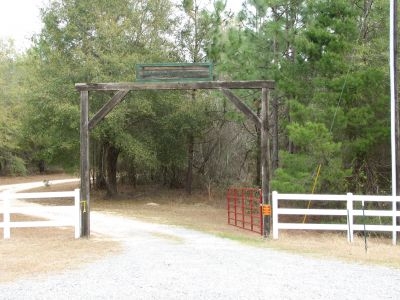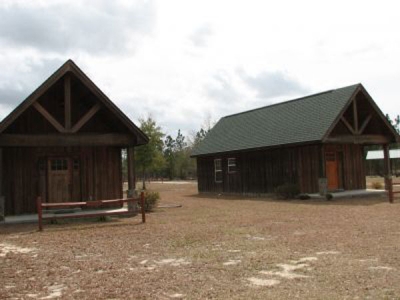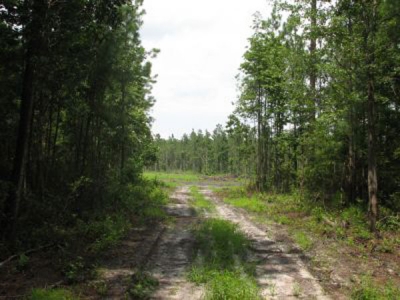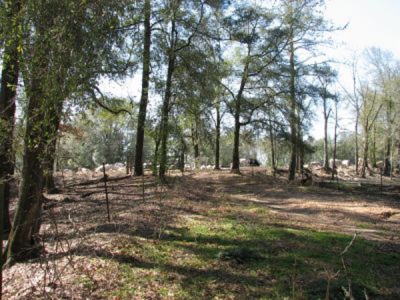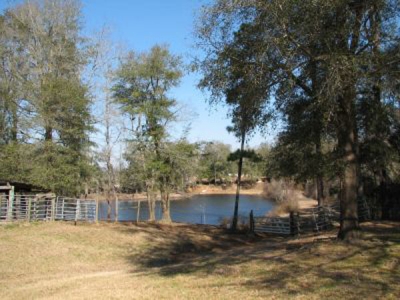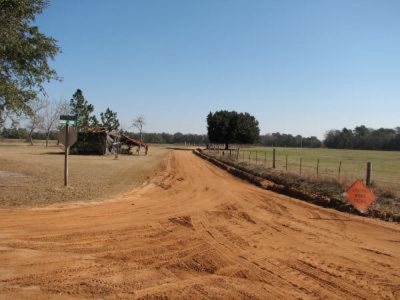Recreational land, a relatively new term for the individual or partnership to invest in land for both recreational and investment purposes.
Typically the driving force behind investing in recreation land is having a property within a decent commuting time of home to escape on the weekend and hunt, ride recreational vehicles or have a place in the country to enjoy with the family and children. Recreational land properties can vary in size from as little as 10 acres to several thousand acres. These properties also serve as alternative investments in conjunction with stock market and bank investment. Some recreational land investments have features such as growing timber, farming, mitigation banks, or mining to bring periodic income and support larger investments in this type land. Also, some of this recreational land is located in areas where land is anticipated to transition in use over time thus banking on the fact that the land use will change over time creating a higher value use.
Recreational land occasionally becomes one’s homestead after retirement thereby becoming what we consider country estate. Country estates may also vary in size tremendously. These properties are either intentionally or eventually become the primary residence for those wishing to escape to a calmer way of life away from the cities and towns. In some ways these properties mimic the plantation life of years gone by with a primary home or residence, a guest residence and other building situated nearby used to support the use of the property or keeping pets and some for storage. Country estates are typically characterized by being located within half an hour or less from a supporting city or town where one travels to find most of their physical needs including health and other desired support. Country estates will gain popularity with those whose life is connected to large animals such as horses, cattle, exotic pets (emu or ostrich), or even a number of dogs since not all animals are welcome in the city way of life. Larger country estates due to their management and operation requirement sometimes require additional help and this sometimes leads to owner’s family moving onto the estate and at least one member working there. We may well see more country estates in the future as job markets tighten and more people work from home.
To browse recreational land and country estates, click here. Or for more information, contact us today.

